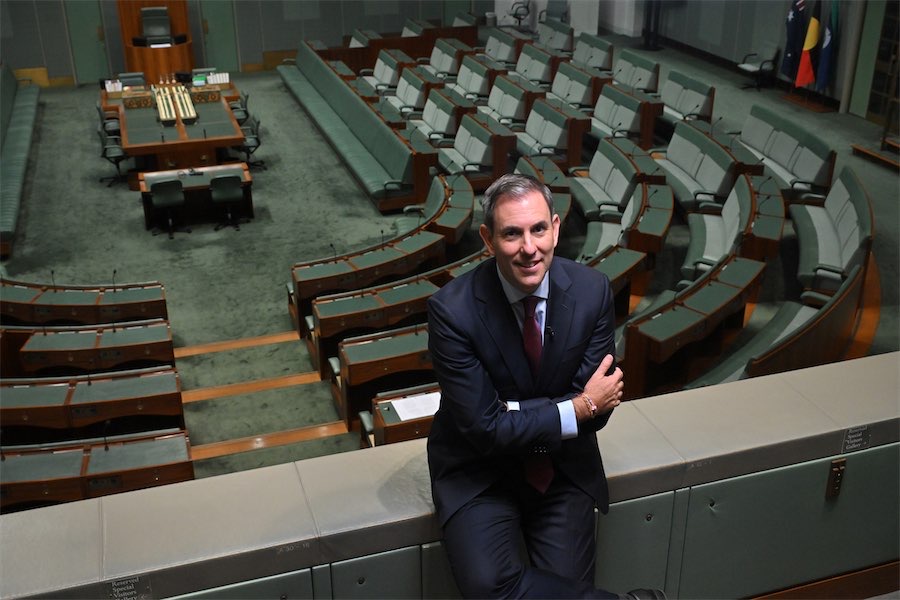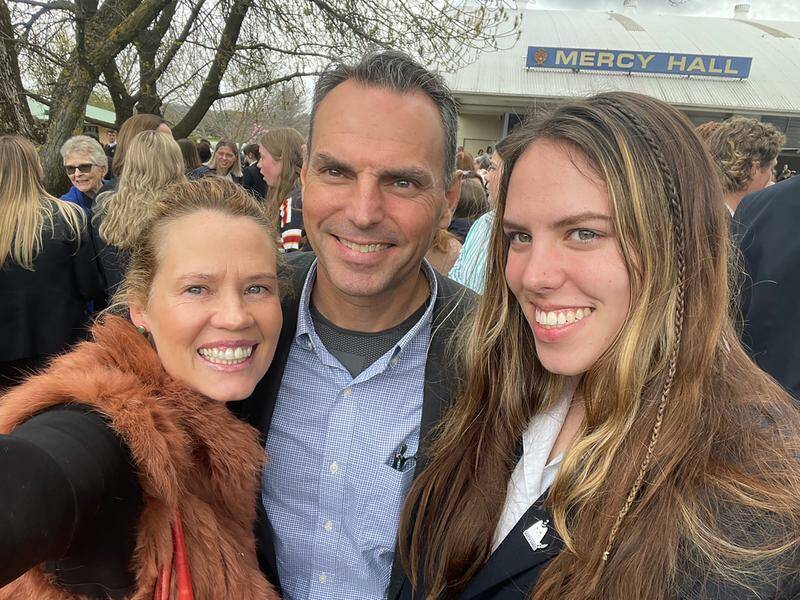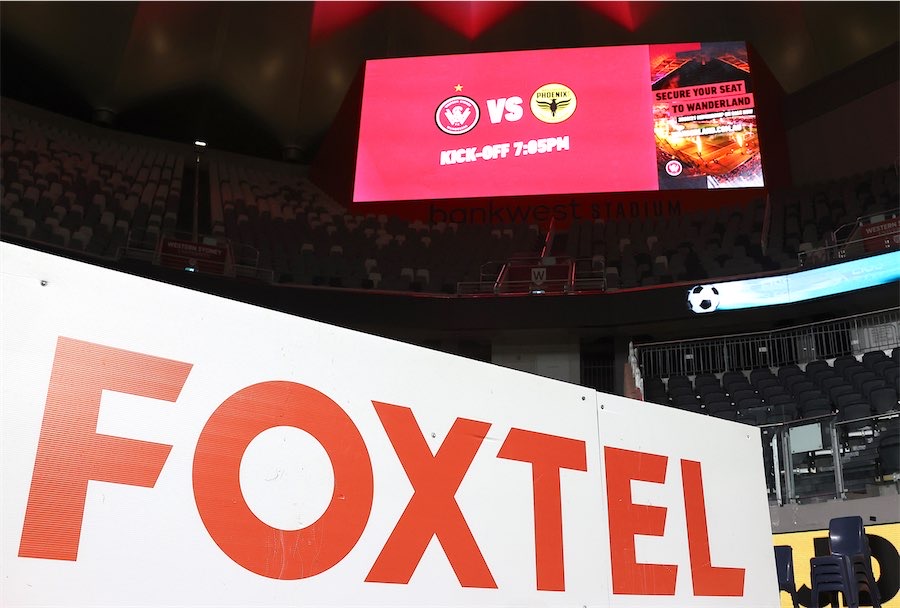
Treasurer Jim Chalmers’ third budget will have a surplus of $9.3 billion for this financial year, reports MICHELLE GRATTAN.
The third Chalmers’ budget will deliver a surplus of $9.3 billion for this financial year – the second successive surplus of the Albanese government.
This will be the first time there have been back-to-back surpluses in nearly two decades. But the forecast surplus is less than the $22.1 billion last financial year.
Tuesday’s budget will show that compared to the December mid-year budget update, there has been an improvement of $10.5 billion in the bottom line. The update forecasted a deficit of $1.1 billion for 2023-24.
The budget position between 2024-25 and 2026-27 will be weaker compared to the December update.
It will be much stronger, however, than the pre-election economic and fiscal outlook (PEFO) of 2022.
The government says most of the deterioration since the December update is a result of the need to fund unavoidable spending, including extending programs put in place by the former government that were due to end.
It says investments in the future drivers of growth will also contribute to bigger than previously forecast later deficits.
By 2027-28 the budget position will be stronger than forecast in the December update.
Prime Minister Anthony Albanese told the caucus on Monday the budget would be “a Labor budget through and through”.
“This will be a night of which you can all be very, very proud,” he said.
“We live in uncertain economic times, but what we’ve ensured is that we deal with some of those pressures whilst, of course, making sure we have our eye on the future.”
In releasing the surplus figure, Chalmers indicated the budget would bank 96 per cent of the revenue upgrade in 2023-24. This upgrade came from greater-than-expected company tax and other collections in 2023-24.
But he gave no commitment on what would be banked in subsequent years, saying only the government would bank (not spend) revenue upgrades while inflation remained “above the Reserve Bank’s target band”.
The budget will forecast inflation falling back within the target band by the end of this year.
Chalmers has previously indicated that for some of the years for which spending is forecast, deficits will be bigger than previously announced in December in order to support the economy.
The increase in real spending is expected to average 1.4 per cent over the period between the start of the Labor government to 2027-28.
Chalmers said the forecast surplus had “come on top, not at the expense, of helping those doing it tough”.
Finance Minister Katy Gallagher said the government had found more than $77 billion in savings and reprioritisation since coming to office.
Albanese said the budget would have new investments in Medicare and the health system, more help for households, more homes, and a tax cut for every taxpayer.
The cost-of-living relief would not increase inflation – indeed, it would reduce inflation.
Meanwhile, a Morgan poll released Monday had Labor with a two-party lead over the Coalition of 52 per cent to 48 per cent.![]()
Michelle Grattan, Professorial Fellow, University of Canberra. Republished from The Conversation.
Who can be trusted?
In a world of spin and confusion, there’s never been a more important time to support independent journalism in Canberra.
If you trust our work online and want to enforce the power of independent voices, I invite you to make a small contribution.
Every dollar of support is invested back into our journalism to help keep citynews.com.au strong and free.
Thank you,
Ian Meikle, editor




Leave a Reply